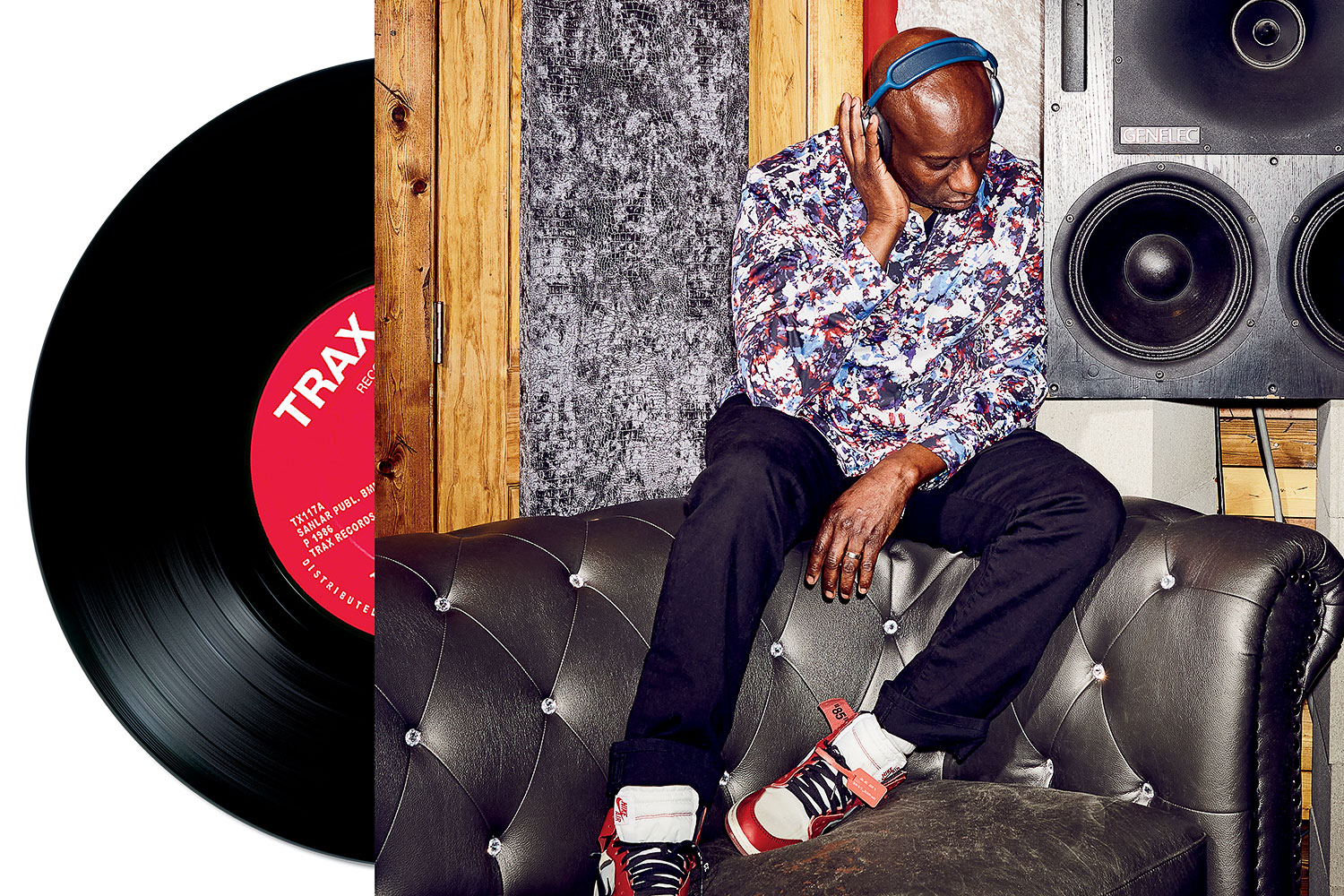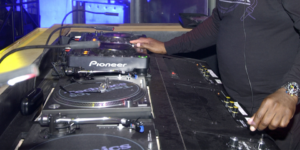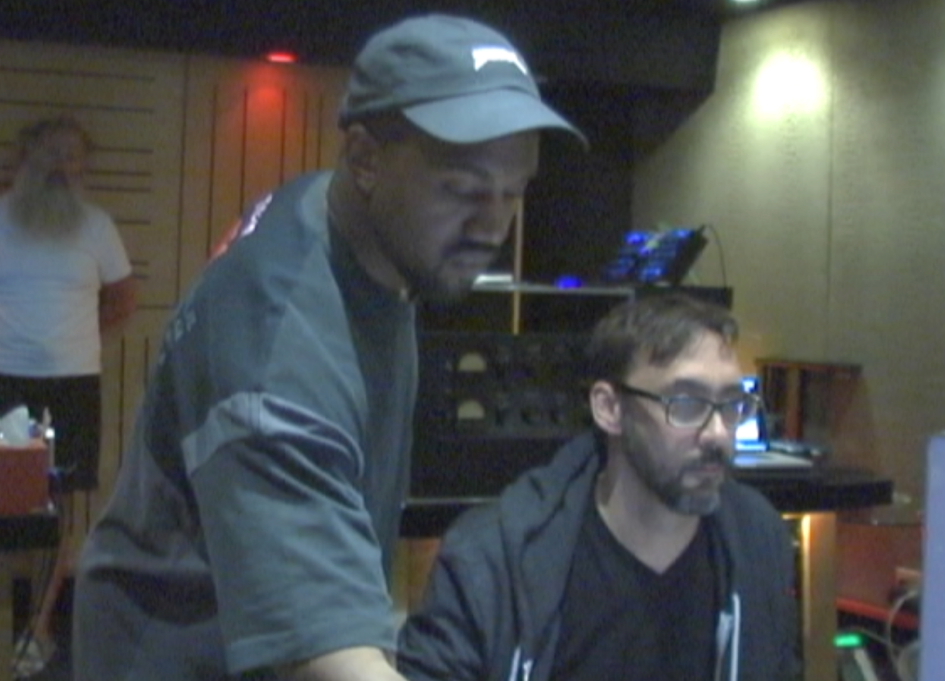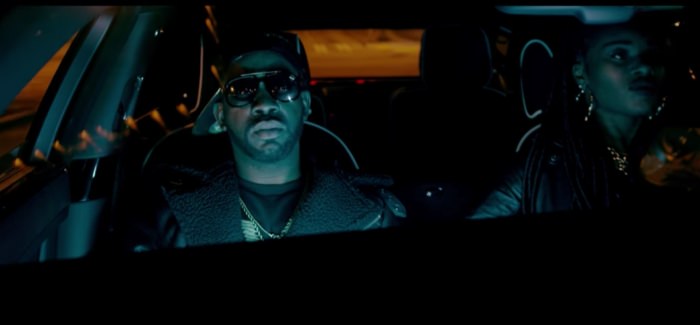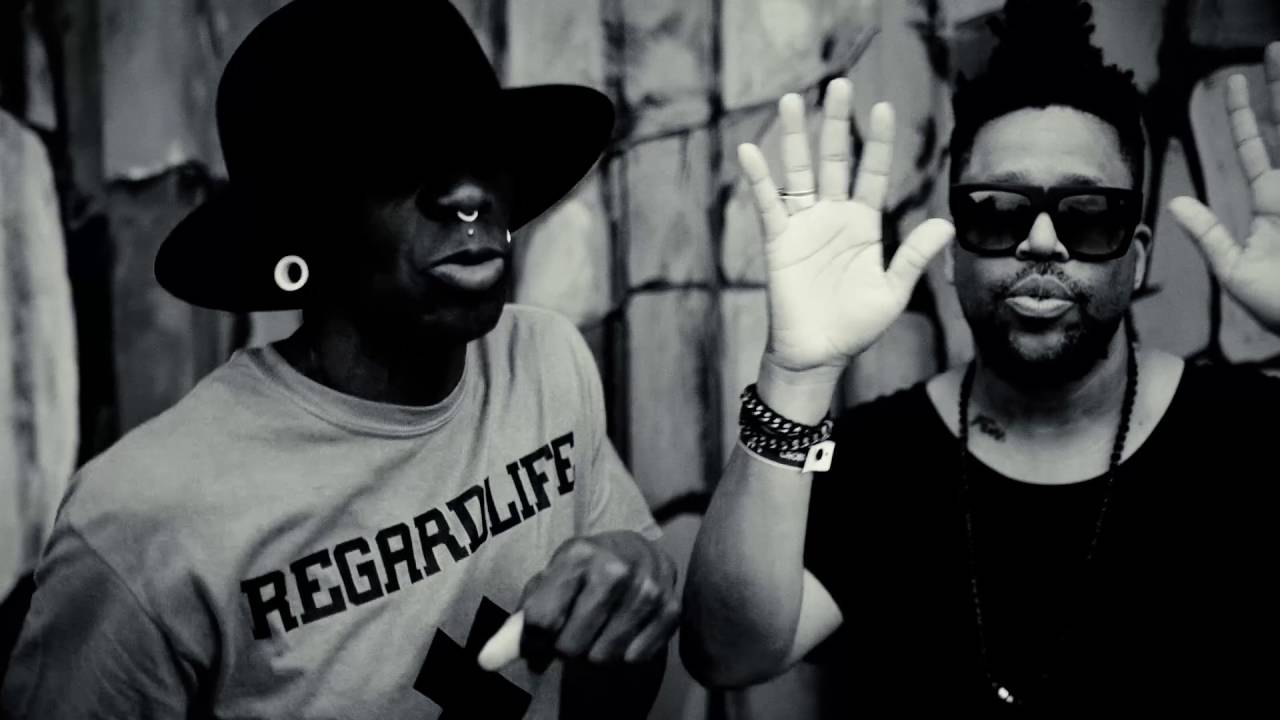House Music Pioneer Vince Lawrence on Helping Brands Connect with Music and Reclaiming EDM
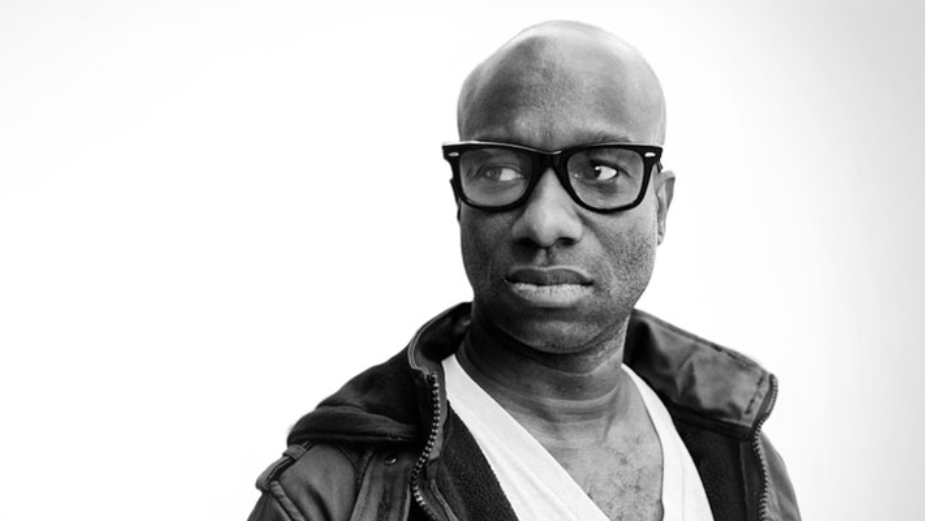
After being involved with the formation of legendary Chicago house label Trax Records, he founded Slang Music Group – a select group of highly accomplished music producers and business entrepreneurs – and began his evolution from artist and producer to marketer and mogul.
However, Vince first fell into the space between music and advertising via a friend at Capitol Records, Dave Resnick, who he had been keeping up to date with the happenings in Chicago’s growing dance music scene. One night at a studio with Dave, he gave a suggestion to a struggling engineer that would alter his career forever.
“From the back of the room comes: ‘And who the fuck are you?’,” says Vince, explaining how after sharing his Billboard Chart credentials, the questioning ad executive asked him to make ad music that would resonate with the young audience Vince was already playing to at loft parties in the city every week. “I said: ‘Look, I make records… I’m not a jingle guy’. And he said: ‘I’ll pay you $30,000 per commercial’. So I said: ‘OK, what kind of proof do you need?’,” Vince laughs.
Vince went on to make his first commercial for a telephone company using a ‘hip house’ track (“a rap song on top of a house beat”) designed to get kids to use public payphones. He even helped cast the ad, bringing the production crew to his 4000 square foot loft at 1am on a Friday night. “They came down into this basement and there were 200 kids dancing. I played the music that we were going to use for the commercial and everybody went crazy – they really liked it. Everybody was dancing and making phone gestures, and I was in the advertising business after that.”
Originally working almost exclusively with Equinox Advertising on brands like KFC and Anheuser Busch, Vince soon discovered the wider world of ad agencies and started working on Coca-Cola brands with Burrell Communications, before finally crossing paths with Leo Burnett. With this legendary Chicagoan ad institution, Vince applied his contemporary music knowledge and expertise to campaigns for Kellogg’s, Nintendo, Pop Tarts and more, all while continuing to make records.
Around 1990, Vince decided to try and “get brands and bands to play nice”, seeing that there had been an antagonistic relationship for a long time. With artists seeing ads as the “ultimate sellout” and brands frustrated with the “exorbitant prices” they had to spend to use a hit, Vince worked to help clients predict trends and connect along cultural lines with the audience and the record business.
To this day, Slang Music Group assists clients to do exactly this, thanks to its talent that is embedded in the fibres of the mainstream music industry, and not just the world of advertising. The team at Slang are working consistently with some of music’s biggest names, from Lil Wayne to Kid Cudi, Sheck Wes, Wiz Khalifa, The Cure, Zayn Malik, Cardi B and more – Slang’s Anthony Kilhoffer is even credited as a composer, co-producer and engineer for Jay-Z and Kanye West’s acclaimed collaborative album ‘Watch the Throne’. These talents form a ‘brand support team’, called Agents of Slang, that helps agencies, brands and individuals make connections through music along relevant cultural touchpoints.

